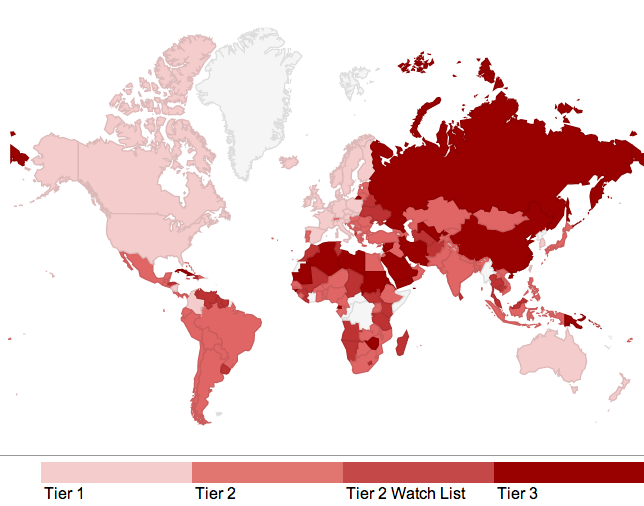Maggie McNeill recounts the life of Horatio Nelson’s beloved Emma, Lady Hamilton:
Unfortunately, Greville spent far beyond his means, and by 1783 he needed a new source of funds; he decided to acquire them by marrying the young heiress Henrietta Middleton, but since it was common knowledge that Emma was his lover he had to be rid of her. He therefore convinced his uncle, Sir William Hamilton, to accept her as his mistress. Hamilton was an art collector, and no doubt viewed the now-famous beauty as a valuable find; he also wanted to facilitate his nephew’s marriage so as to eliminate his frequent requests for money. The deal was therefore made without Emma’s input or knowledge, and she was shipped off to Naples (where Hamilton was the British envoy) under the guise of a six-month holiday while Greville was supposedly away on business. She was, in other words, “sex trafficked”, sent from one owner to another in a different country.
But though Emma was furious upon discovering what was really expected of her, she eventually adapted to her situation. Hamilton’s home was beautiful and his art collection renowned, and he was a widower who, far from viewing her as an embarrassment, instead encouraged her modeling, singing and other performance. The form for which she became known was called “attitudes”; this consisted of an act in which she would wear a simple gown dressed up by scarves and shawls which helped her to evoke images from history and classical mythology by posing. The audience was then supposed to guess who she was portraying. Though this may sound a bit silly to modern ears, the effect was apparently very striking; Johann Wolfgang von Goethe wrote, “The performance is like nothing you have ever seen before. With a few scarves and shawls she expressed a variety of wonderful transformations. One pose after another without a break”. Within a few years of her first performance in the spring of 1787, a number of other actresses took up the art; over the years Emma herself evolved from mere posing into acting out short pantomimes, most famously portraying Medea.
Sir William eventually married Emma on September 6th, 1791; he was sixty and she twenty-six. The match gave her the title by which she was forever known afterward, though friends still called her “Emma”. It also gave her the duties of a diplomat’s wife, among them entertaining Horatio Nelson (then a mere post captain) when he came in 1793 to request reinforcements from the King of Naples. By the time he returned in 1798 he had lost an arm, an eye, most of his teeth and the majority of his health, but had won both the Battle of the Nile and worldwide fame. Sir William invited the great man to recuperate in their home, nursed by his young wife, and it was at this time that the two began their affair.
But while one might think this a betrayal of hospitality, the truth is that Sir William definitely knew about and seems to have even encouraged the affair; he and Nelson respected and admired one another, and Emma and Nelson had similar feelings for one another. Indeed, the relationship soon developed into a ménage a trois; after the Neopolitan Revolution of 1799 the ailing Hamilton was allowed to retire and return to England, accompanied by Nelson, who openly moved in with the Hamiltons despite having a home (and wife) of his own. In fact, the arrangement became such a huge scandal that the Admiralty ordered Nelson back to sea to keep him away from Emma. The public, however, was fascinated and the Hamiltons seemed completely unconcerned with what anyone said; when Emma gave birth to a daughter on January 31st, 1801 she named her “Horatia”, flagrantly advertising her paternity.

 No one under the age of eighteen.
No one under the age of eighteen.


